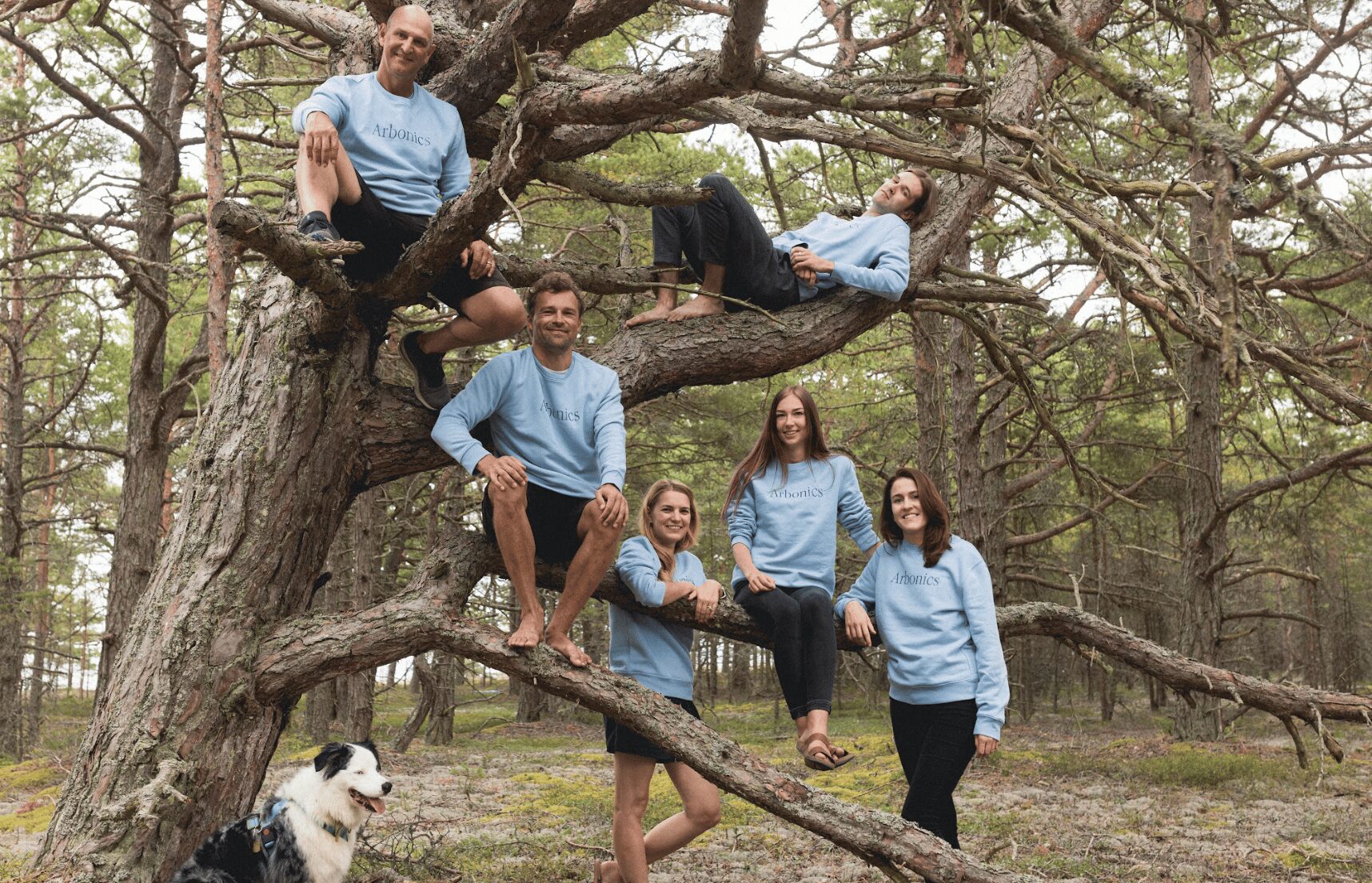A large number of European landowners would participate in afforestation projects—those that establish new forests on land without previous tree cover—if the financial incentives were high enough and the main barriers lowered.
Carbon removal project developer Arbonics surveyed landowners across Ireland, France, Lithuania, Sweden, Austria, and Poland, and found that 80% would “consider afforestation on their land to earn additional income from carbon credits.”
High upfront costs are getting in the way, however.
According to Tallinn, Estonia-based Arbonics, the upfront cost for buying and planting saplings, as well as managing the new forest, start at €2,000 ($2,200) per hectare and only go up.
“Afforestation comes with high upfront costs that many landowners simply can’t cover on their own,” notes Arbonics cofounder Lisett Luik.
Carbon income—that is, money earned from selling carbon credits—can help close the financing gap, she adds.
As a platform that connects landowners with carbon credit buyers, Arbonics of course has reason to encourage participation in carbon projects. But the company is not alone in its recognition of landowners’ struggles and the potential carbon markets might play in mitigating them.
In a recent conversation with AgFunderNews, SLM Partners managing partner Paul McMahon said, “We’ve seen the development of quite nascent but certainly developing forest carbon markets in Europe, and some strong demand coming from carbon credits from European forestry projects.”
Similarly, the European Forest Institute noted last year, forest owners need better incentives to prioritize long-term forest management solutions, and introducing carbon credits “could provide owners with the capital [needed] to move away from practices that deliver quick finance gains but degrade the environment.”
Given the financial hurdles associated with afforestation, it’s little surprise that landowners’ top motivation for joining carbon projects is financial. According to Arbonics, “67% said financial gain, followed by environmental impact (24%), and other reasons such as community benefits (9%).”
Closing the knowledge gap
Besides the challenge of upfront costs, Arbonics’ survey cites “limited knowledge and awareness of solutions” as another deterrent to afforestation projects.
Despite interest in such projects, “84% of landowners surveyed had not contacted a solution provider or assessed their land for carbon potential,” according to the survey.
There is also “low knowledge” of the carbon market in many countries: landowners in four out of five countries rated their expertise as “less than three out of 10 on average” and four out of 10 in Sweden.
“If we want carbon markets to scale and deliver real environmental benefits, we need to prioritize knowledge-sharing and accessibility,” noted Luik.
In 2023, the European Commission published its “Guidelines on Biodiversity-Friendly Afforestation, Reforestation and Tree Planting,” which assists landowners and mangers with implementing afforestation and tree-planting projects.
The EU aims to plant 3 billion additional trees within its borders by 2030.





